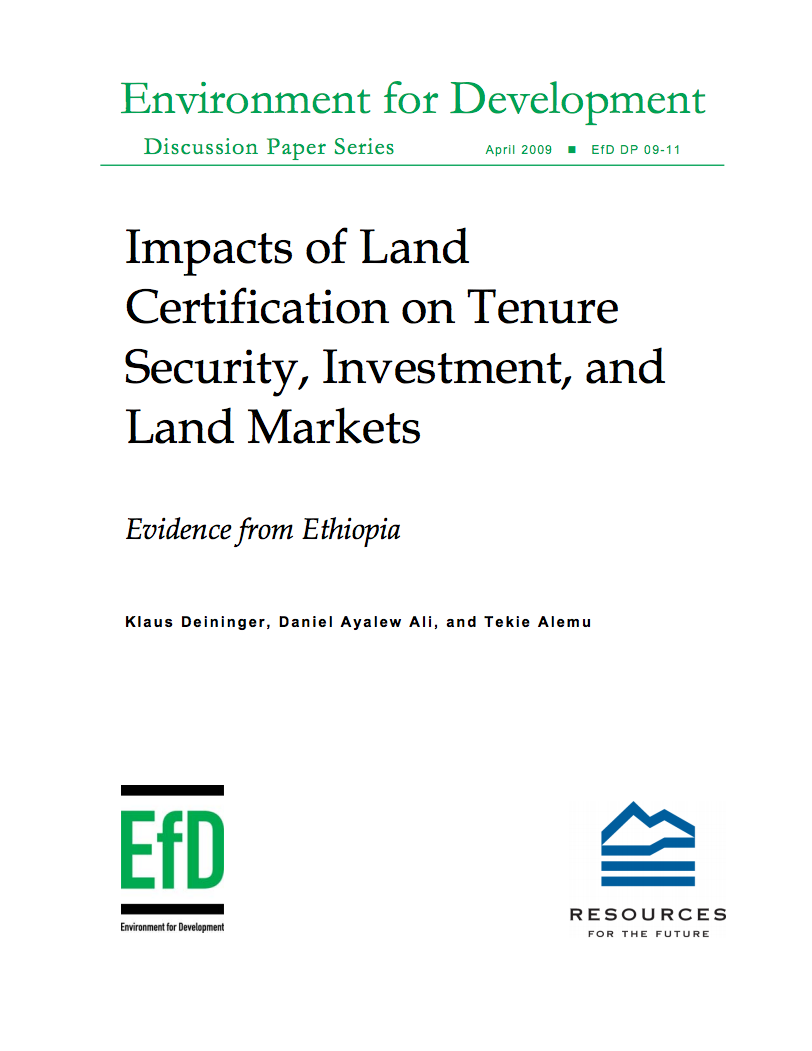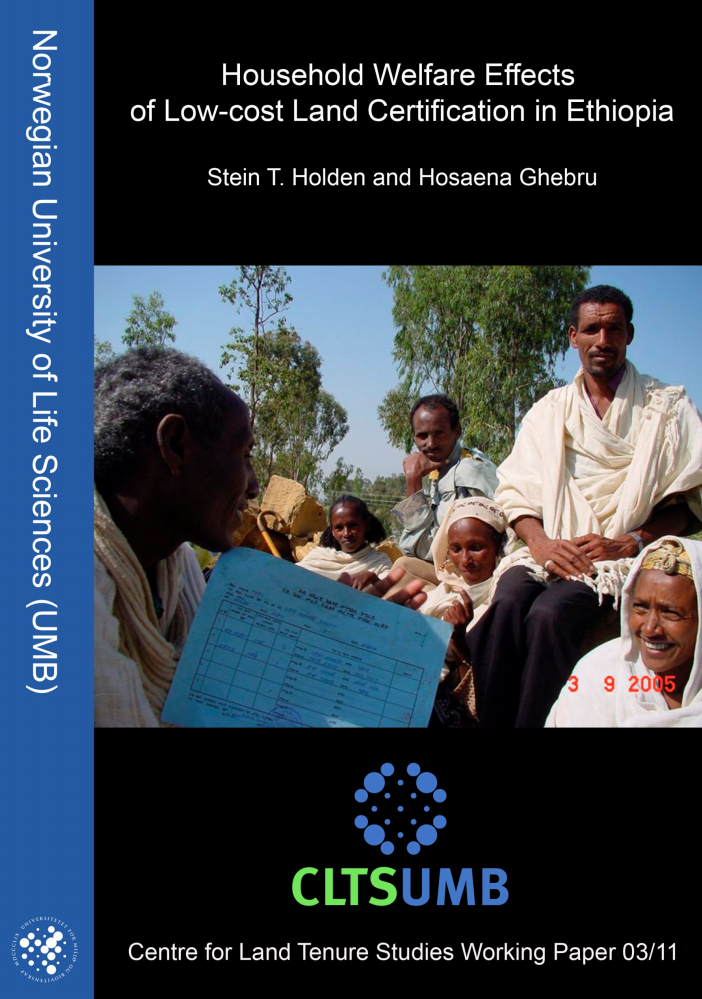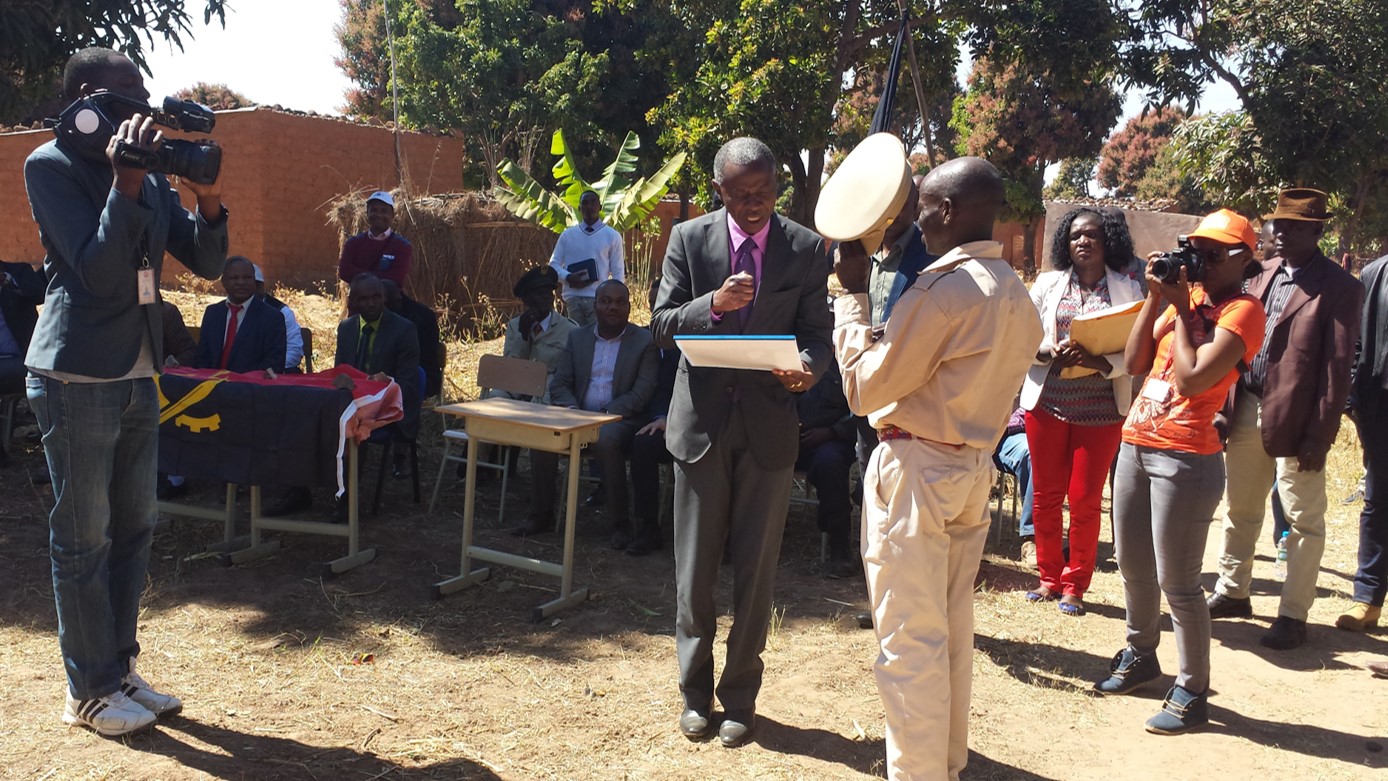Allocation or appropriation? How spatial and temporal fragmentation of land allocation policies facilitates land grabbing in Northern Laos
The Lao Land and Forest Allocation Policy (LFAP) was intended to provide clearer property rights for swidden farmers living in mountainous areas. These lands are legally defined as “State” forests but are under various forms of customary tenure. The policy involves demarcating village territorial boundaries, ecological zoning of lands within village territories, and finally allocating a limited number of individual land parcels to specific households for farming.





